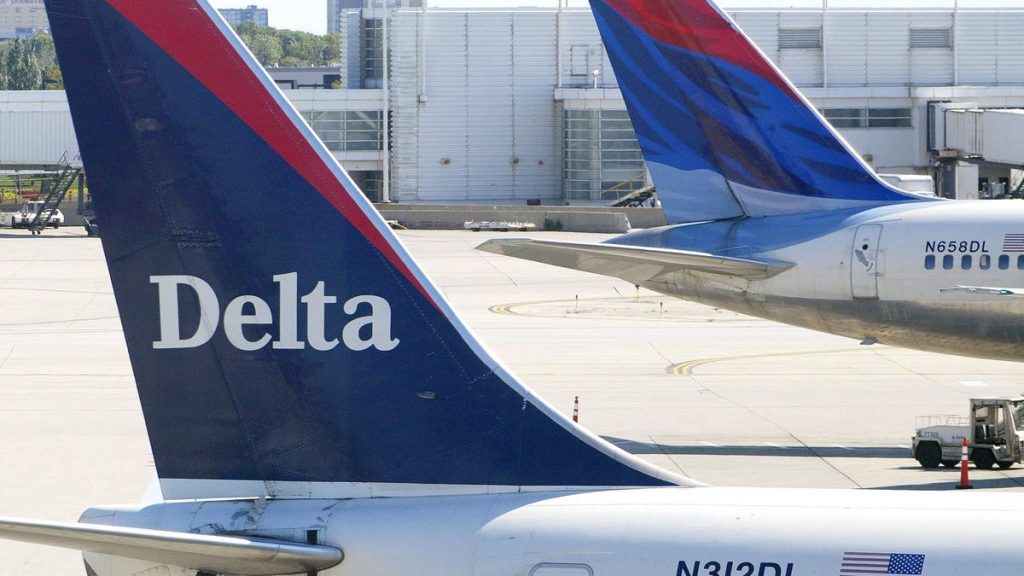Delta Packed an Entire Trans-Atlantic Flight With Nothing But Lost Luggage

Photo: Tim Boyle (Getty Images)
Right now, air travel is in a bad place. Flights are being delayed or canceled left and right, and airports are running with skeleton crews. Heathrow, in particular, made such poor early-pandemic staffing decisions that airlines now have to deal with thousands of pieces of misplaced or lost luggage. In particular, Delta’s luggage backlog got so bad, the airline had to send an entire plane full of nothing but luggage from Heathrow to Detroit, The New York Times reports.
The flight, a passenger A330-200 that crossed the Atlantic on Monday, carried 1,000 pieces of luggage that got stuck in Heathrow while passengers continued on to their various destinations in the United States. In the face of constant air travel delays, Delta’s goal is to cut through its lost-luggage backlog — and to mitigate the worst effects of Heathrow’s ongoing baggage issues.
Back in 2020, when COVID-19 lockdowns brought air travel nearly to a halt, airlines slashed their staffs to the bone to cut costs. Since then, these airlines have slowly rebuilt their workforces, but hiring efforts have been hampered by low wages and harsh working conditions. After airlines demanded an end to mask mandates in planes and airports, COVID quickly led to major staff shortages in flight crews, which only exacerbated ongoing travel issues.
The ensuing chaos has meant cancelled flights, lost luggage, and innumerable delays and interruptions. That’s left airlines in a tight spot — and forced them to go to extraordinary lengths to regain customer trust. Sending a passenger flight across the Atlantic with lots of luggage, but no passengers, is an unconventional way to solve one of the many unforeseen problems with air travel in 2022.





